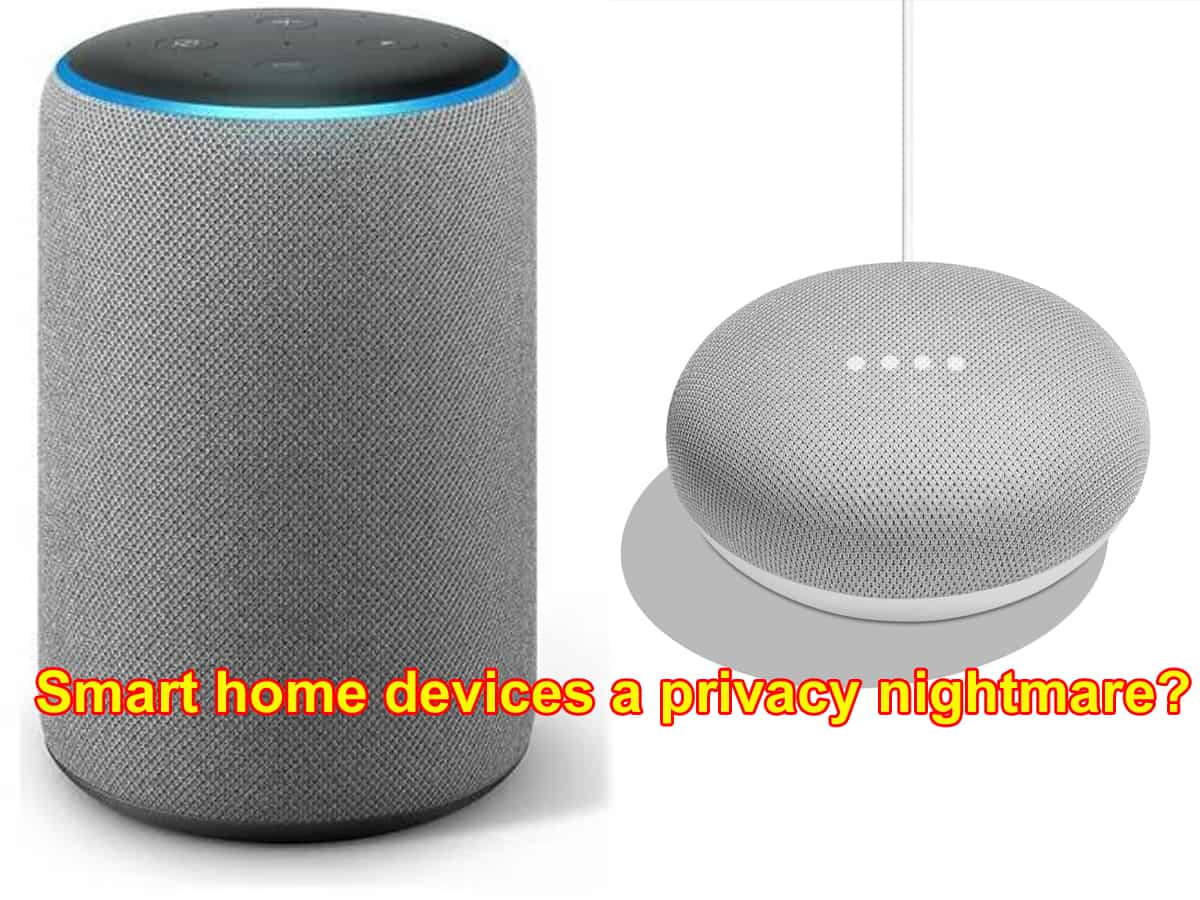


Neurotechnology, the rapid development of devices and procedures that access, monitor, record, or manipulate brain data, has caught the attention of Big Tech companies like Amazon and Microsoft. These companies are investing in neurotech devices that use artificial intelligence to convert brain signals into physical actions. The market for neurotech devices was valued at around $15 billion in 2023 and is projected to reach over $55 billion by 2032 [d02b522e].
Big Tech's interest in neurotechnology has raised concerns about privacy and mental rights. Companies like Meta, formerly known as Facebook, are funding research into devices that can decode thoughts and perceptions without invasive surgery. While this technology has the potential to revolutionize healthcare, there are concerns about the privacy of neural and cognitive data. Advocates are calling for legislation to safeguard mental privacy and ensure that individuals have control over their own thoughts and perceptions [d02b522e].
The Australian Human Rights Commission has also identified privacy concerns related to neurotechnology. The commission's background paper on neurotechnology highlights the risks posed by these devices to privacy, non-discrimination, and freedom of thought. Neurotechnology has the ability to collect sensitive neural information, raising concerns about the protection of personal data and the potential for unauthorized access or misuse. It also has the potential to manipulate thought processes, infringing on the right to freedom of thought. The commission calls for urgent privacy reforms to update the laws and provide more robust privacy protections for when neurotechnology comes into play [35079715].
The current privacy legislation in Australia does not provide specific protections for neural and cognitive data collected by wearable devices. The Privacy Act and the Australian Privacy Principles govern the collection, use, and disclosure of personal information in Australia, but they do not cover neural and cognitive data. The Australian Human Rights Commission's call for urgent privacy reforms aligns with the concerns raised by advocates in the Big Tech industry. By implementing these privacy reforms, Australia could become a global leader in privacy protection and ensure that the development and use of neurotechnology respect and uphold human rights [557302bd] [35079715] [d02b522e].
A recent study has highlighted disturbing revelations about the data collection practices of smart home devices such as Google Home, security camera apps, Amazon's Alexa, and household appliance applications. Amazon's Alexa tops the chart in data collection among all available smart home appliances, seizing 28 out of 32 probable data points that consist of sensitive details like contact details such as phone numbers and email addresses, exact location, and even health-related information. Google Home narrowly follows Alexa, gathering 22 data points, which comprise a variety of user information such as search history, email addresses, and browsing details. Security camera applications like Lorex and the Deep Sentinel also top the chart in data gathering, collecting around 12 data points for each app. The study shows that several such apps have not updated their privacy guidelines for more than a year, potentially keeping their users uninformed about how their private and sensitive information is being utilized [c0b490bd].
The findings of this study add to the existing concerns about privacy and data collection practices of Big Tech companies. With the increasing integration of smart home devices and voice assistants like Google Home and Amazon's Alexa into people's lives, the amount of personal and sensitive data being collected raises significant privacy concerns. Users may not be fully aware of the extent of data collection or how their data is being used. This study underscores the need for stronger privacy regulations and transparency from companies in the smart home industry to protect user privacy and ensure informed consent [c0b490bd].